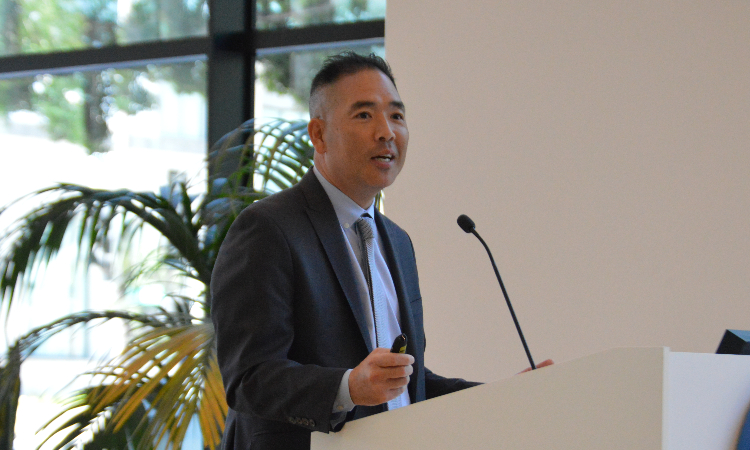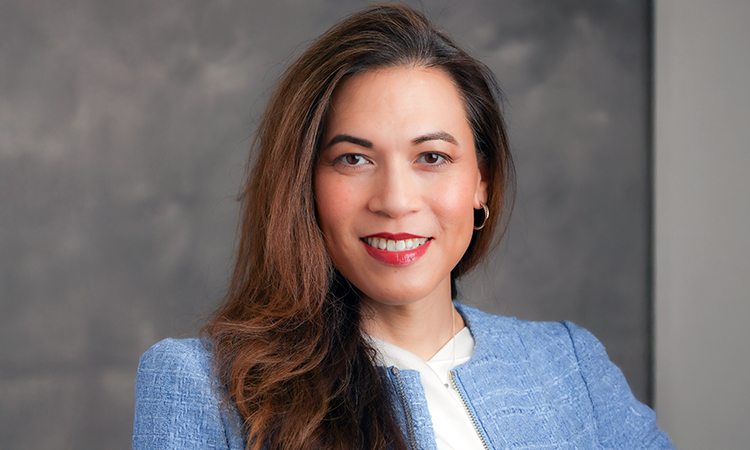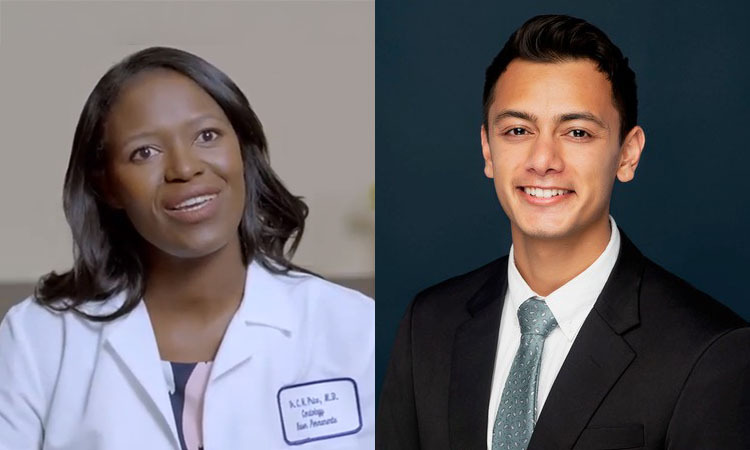Dr. Jeffrey B. Velotta, MD, FACS, Clinical Professor of Clinical Science at Kaiser Permanente Bernard J. Tyson School of Medicine (KPSOM) and thoracic surgeon at Kaiser Permanente Oakland Medical Center, recently delivered a Research Grand Rounds presentation, spotlighting how real-world data can drive innovation and transformative change in cancer care and surgery. He urged healthcare professionals and policy makers to reimagine traditional approaches by leveraging large, diverse patient databases to deliver better outcomes more quickly and equitably.
“Patients don't have years or decades to wait for clinical trials to read out their results,” Dr. Velotta explained. Instead, he advocated for interim analyses using data from those already treated to improve surgical techniques and cancer management in real time.
He stressed the limitations of relying solely on long-duration studies, particularly in oncology, where time is of the essence for many patients.
A centerpiece of Dr. Velotta’s talk was the importance of embracing both technological innovation and rigorous data analysis. He described Kaiser Permanente’s participation in the Society of Thoracic Surgeons (STS) National Database–the world's largest and most comprehensive thoracic surgery registry, used to measure performance and outcomes at leading hospitals nationwide–as key to advancing data use within the healthcare system, noting that large databases can reveal previously undetected patterns in patient populations.
He recounted the story of a young, non-smoking Asian female diagnosed with lung cancer, a case that led him to challenge conventional wisdom about disease prevalence and risk factors. Addressing the audience, he said, “If I were to ask you, are men more likely to have lung cancer or women? You'd all say men. The answer is women—regardless of smoking, [it is] way more common in women.” Dr. Velotta then presented research showing that lung cancer incidence among Asian women who do not smoke is rising, particularly in Northern California, highlighting the value of studying patients “we currently have treated” to uncover actionable insights.
Dr. Velotta called on future physicians and researchers to embrace change, remain open to innovative technology, and use real-world data to guide their decisions. “We want to improve care in real time… we can study the patients we currently have treated and see how they are doing… to help improve our surgical techniques and management for cancer care,” he reiterated. Future advancements in surgery and medicine hinge on willingness to engage with big data, collaborate across disciplines, and innovate in real time, he said.



